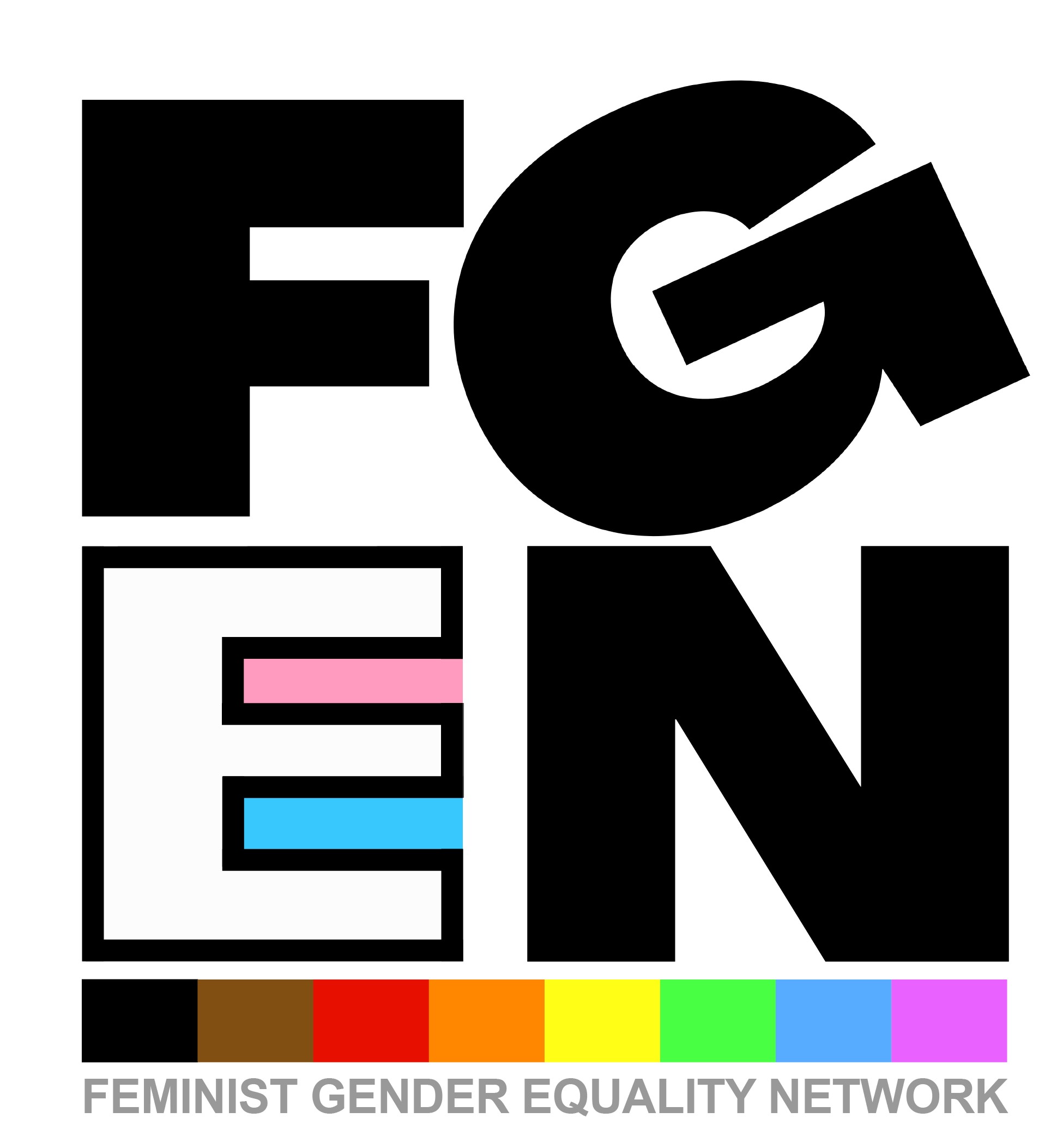On Tuesday, January 25th, the Parliamentary Assembly of the Council of Europe (PACE) debated hate crime and discrimination against LGBTI people in Europe. The final vote on Resolution 2417 (2022): ‘Combating rising hate against LGBTI people in Europe’ was passed with 74 in favour, 10 against, 8 abstentions. The statement named the UK along with Hungary, Poland, the Russian Federation and Turkey as countries in which “extensive and often virulent attacks on the rights of LGBTI people … have been occurring for several years”. UK delegates sought to amend the document to remove the UK from this paragraph, amongst other changes – all of which were defeated.
The Feminist Gender Equality Network (FGEN) strongly welcomes this resolution from PACE, Clause three of which states in full:
The Assembly deplores these phenomena, which can be observed throughout Europe, regardless of the extent of protection already afforded to the human rights of LGBTI people in any given country. It moreover condemns with particular force the extensive and often virulent attacks on the rights of LGBTI people that have been occurring for several years in, amongst other countries, Hungary, Poland, the Russian Federation, Turkey and the United Kingdom.
It is shameful, and deservedly so, to see the United Kingdom classified with Eastern Bloc countries and authoritarian regimes. These are countries whose Human Development Index and record on LGBTI rights are amongst the worst in Europe. But it is more shameful still to see UK delegates putting forward an amendment to remove the words ‘and the United Kingdom’ from this clause, in a clear attempt to cover up the extent and severity of recent attacks on LGBTI communities in the UK.
Clause 5 of the PACE statement continues:
The Assembly condemns the highly prejudicial anti-gender, gender-critical and anti-trans narratives which reduce the fight for the equality of LGBTI people to what these movements deliberately mis-characterise as “gender ideology” or “LGBTI ideology”. Such narratives deny the very existence of LGBTI people, dehumanise them, and often falsely portray their rights as being in conflict with women’s and children’s rights, or societal and family values in general. All of these are deeply damaging to LGBTI people, while also harming women’s and children’s rights and social cohesion.
In response to this, the UK delegates put forward amendment 9: “In the draft resolution, delete paragraph (clause) 5”. This amendment implies the delegation’s tacit support for, or at least tolerance of, the highly transphobic coverage that has been noted in the UK media, which employs the term highlighted in the clause – “gender ideology” – with increasing frequency. As one example, a search on The Times website currently returns 21 results for this phrase, of which 17 are from articles published since 2019.
The clause rightly notes that this phrase mis-characterises the movement for LGBTI rights and equality. It is grossly offensive and deeply damaging, not just to trans and gender diverse people, but to women, children and anyone subject to gender-based oppression. This was clearly demonstrated in last year’s report by the UN Human Rights Office of the High Commissioner on the importance of incorporating gender into international human rights law.
There were further thoroughly disappointing proposed amendments, all on record. FGEN are particularly concerned to note that Labour Party MPs, who would undoubtedly claim they fight for social justice, joined with Conservatives to support these amendments. This would appear to be at odds with the recent Labour pledge to keep LGBTI people safer, and their recognition that “trans rights are human rights”.
Happily, the majority of the member states denied the UK delegates’ attempt at watering down the PACE resolution and voted with their consciences.
In May 1949, the UK, along with seven other countries, founded the Council of Europe (CoE) with the purpose of upholding human rights, democracy, and the rule of law in Europe. Over time the Council of Europe has evolved and now has 47 member countries, including all of those within the EU, and is now “the continent’s leading human rights organisation”.
It is disturbing for the UK to be so out of step with this organisation when it comes to the growing threat to the safety and rights of its LGBTI community from the transphobic anti-gender and “Gender Critical” movements.
FGEN calls for the UK press to take a first step, and publish the statement made by the Council of Europe, as well as condemning those UK representatives who attempted to cover up the ever-increasing transphobia and hate in the UK.
Going forward, FGEN asks the UK press to discontinue its use of the phrase “gender ideology” as highlighted in the resolution, along with variations such as “transgender ideology.” Transgender people are human beings from all walks of life who face an often difficult journey with many challenges. Transgender people have been part of our society, and many societies and cultures, for thousands of years.
It is time to take our place in the growing global movement to end transphobia.
In recognition of the passing of Resolution 2417, FGEN calls on the UK government to take positive, active steps to advance LGBTI rights – and in particular trans rights – to ensure they are at least equal to our neighbours in Europe. Whilst the UK’s current record on LGBTI rights has been rightly called out as the embarrassment it is, our response should not be to try and conceal this information, but to meet it head on, and start work for the urgent changes we are being called on to make.
